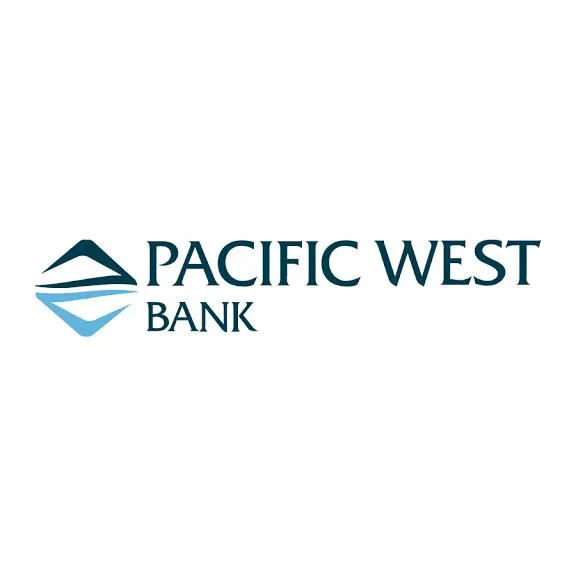The Support You Need for a Happier, Healthier Workplace
Tailored Human Resource Services for Small to Mid-Size Organizations
Expert Compliance Guidance
Greater Workplace Satisfaction
On-Call Management
Advice

Missing pieces in your HR support can create expensive setbacks, ongoing productivity loss, and a challenging workplace culture.
Do you have a small team and need more support?
Need help but don't need a full-time HR person?
Looking to outsource your HR department?
Missing compliance expertise on your HR team?
At HRCentral, we are redefining HR as Human Relationships.
We believe you deserve the same level of human resource support as larger organizations. Our flexible services can be customized to fit your needs from supplemental HR support to a fully functional HR department.

Compliance & HR Documentation

Management & HR Training

Anti-Harassment Training
You've got a great workplace.
Our job is to get to know it.
At HR Central, we pride ourselves on really knowing our clients and their unique culture. Our mission is to serve your organization by helping you find solutions that fit your individual needs. We provide comprehensive HR services so you can balance today's complex regulatory environment with ever-changing economic realities.
"HRCentral's quick response time, professional and knowledgeable advice, and customized approach to human resources has helped us address complex situations in a manner that protects the Bank and builds a professional team."
Terry A. Peterson
Chief Executive Officer & Director
Pacific West Bank

"HRCentral's professional, high-level services have supported our senior management team as we have navigated through unique challenges over the past ten years."
Ernesto Padilla
Chief Executive Officer
Lake County Tribal Health Consortium

How much is employee turnover costing you?
Gallup Research reports the cost of replacing an employee can be as much as one-half or two times their salary. And over 50% of employees who voluntarily exit say their employer could have have done something to keep them from leaving.
Managing employees is hard work.
At HRCentral, we've got your back.
SERVICES
Leave Tracking
Compliance Audit
Workplace Satisfaction
Employee Handbooks
Attendance Issues
Family & Medical Leaves
TRAINING
Anti-Harassment Training
Management Training
HR Bootcamp
Conflict Management
Cultural Competency
Difficult Employees
INDUSTRIES
Financial Institutions
Dental Practices
Medical Offices
Food Services
Technology
Startups
We're here to help your organization thrive.
Here's how it works.

1. Tell us about your needs.
Schedule a meeting to help us learn more about your organization.

2. Get a 100% customizable plan.
We'll work with you to create tailored HR services that meet your organization's precise needs.

3. Rest easy.
Sleep better at night, knowing you have the comprehensive HR support you need.
Download our Free HR Checklist:

What We Do
Management & HR Training
Compliance & Documentation
Tailored Human Resource Services
HRCentral Corporation
800-574-3282
1045 13th St SE, Salem, Oregon 97302
© 2024 HRCentral Corporation | Website by MissionFlow
